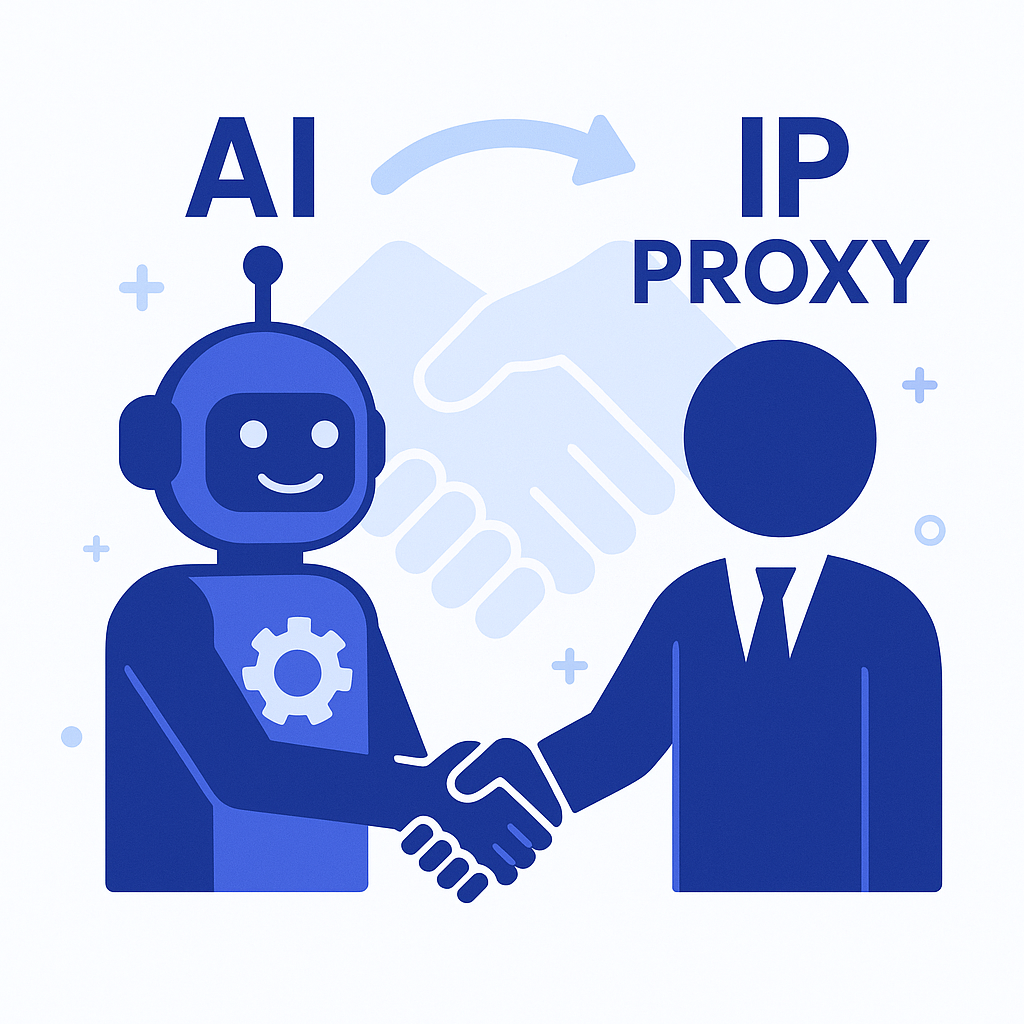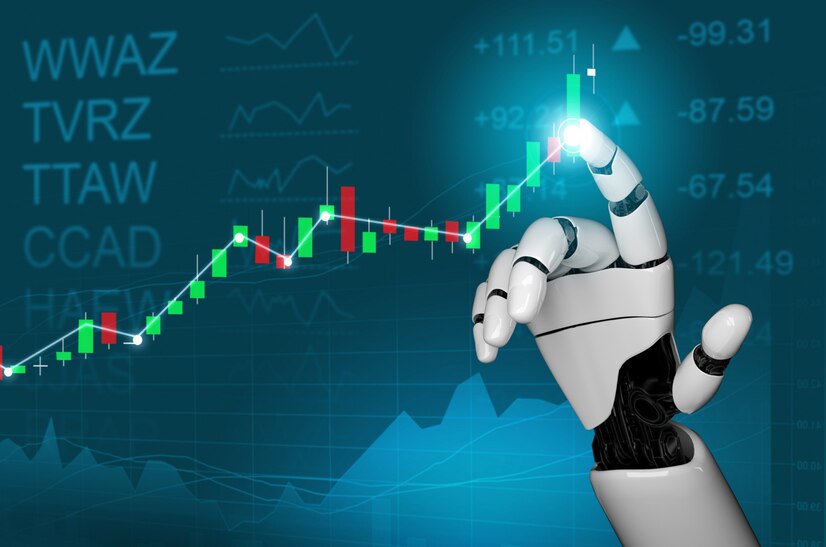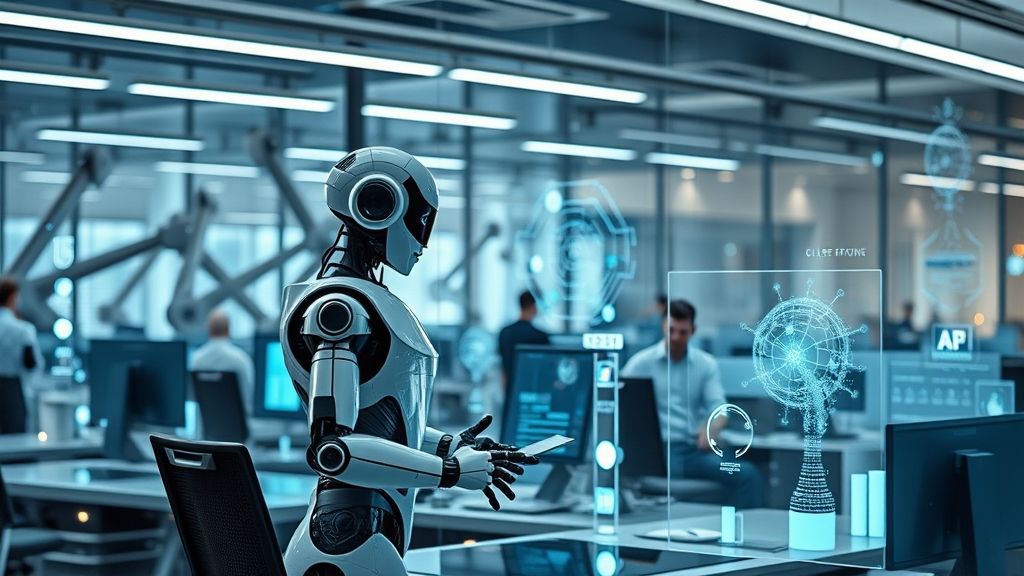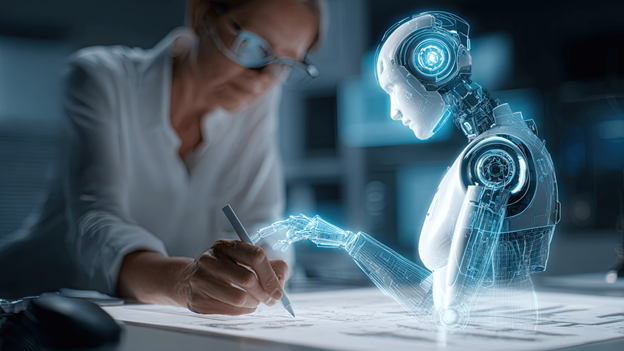AI Agents in IoT: Unlocking Smart Automation Across Industries
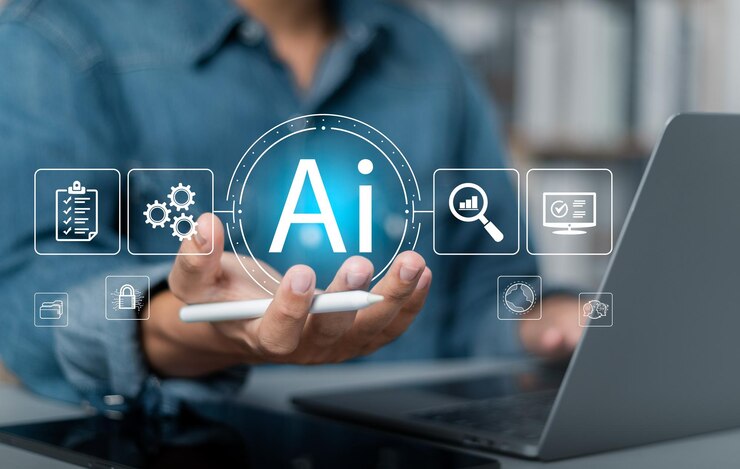
Strong 8k brings an ultra-HD IPTV experience to your living room and your pocket.
The convergence of Artificial Intelligence (AI) and the Internet of Things (IoT) has sparked a new era of intelligent, autonomous systems. Among the most transformative outcomes of this union are AI agents—self-directed software programs capable of decision-making, learning, and executing tasks within IoT ecosystems. Whether it's predictive maintenance on a factory floor, intelligent energy management in buildings, or personalized healthcare monitoring, AI agents are redefining operational efficiency and responsiveness.
But what exactly makes AI agents such game-changers in IoT? And how are businesses capitalizing on their capabilities to build smarter systems and unlock new revenue models?
Let’s explore.
Understanding AI Agents in the Context of IoT
An AI agent is a goal-driven, autonomous software entity that perceives its environment through sensors and acts upon that environment to achieve specific objectives. In the IoT landscape, these agents are embedded within or connected to edge devices, sensors, and actuators, enabling them to monitor, learn from, and react to real-time data.
Unlike traditional automation scripts or hard-coded responses, AI agents utilize machine learning (ML), natural language processing (NLP), and deep learning to continuously adapt and enhance their performance. This dynamic behavior makes them ideal for managing the complexity and scale of IoT networks.
How AI Agents Supercharge IoT Systems?
1. Autonomous Decision-Making at the Edge
One of the core challenges in IoT environments is the delay in data processing when relying on centralized cloud systems. AI agents placed at the edge mitigate this latency by analyzing data locally and making real-time decisions.
For example, in a smart manufacturing facility, an AI agent can detect a vibration anomaly in a motor and shut it down before a critical failure occurs, without waiting for instructions from a central system.
2. Scalability Through Learning
As IoT systems scale, managing thousands of connected devices manually becomes infeasible. AI agents learn from historical and real-time data, allowing them to predict patterns and automate tasks without human intervention.
Imagine a smart irrigation system in agriculture. AI agents analyze soil moisture levels, weather forecasts, and crop data to make irrigation decisions autonomously, saving water while maximizing yield.
3. Context-Aware Responsiveness
AI agents don’t just act—they act intelligently, taking into account the broader context of their environment. This is particularly valuable in sectors like healthcare, where AI agents embedded in wearable devices can track a patient’s vitals and notify a physician if irregularities are detected.
This level of context-awareness turns passive IoT devices into proactive systems capable of enhancing safety and personalization.
Real-World Applications Across Industries
1. Manufacturing
In smart factories, AI agents facilitate predictive maintenance, optimize production workflows, and monitor supply chain variables. These agents can detect inefficiencies, simulate alternatives, and even suggest process improvements, leading to increased productivity and reduced downtime.
2. Smart Cities
Urban planners are leveraging AI agents to manage traffic flow, monitor air quality, and optimize energy consumption in real-time. For example, an AI agent in a traffic control system can dynamically adjust signal timings based on congestion patterns detected through IoT sensors.
3. Healthcare
AI agents play a vital role in remote patient monitoring. They can process continuous streams of biometric data to detect abnormalities and trigger alerts, significantly improving chronic disease management and emergency response.
4. Energy & Utilities
In energy grids, AI agents help forecast demand, identify anomalies in consumption, and regulate energy distribution. They contribute to sustainable practices by adjusting usage patterns based on real-time consumption and predictive analytics.
5. Retail
Retailers use AI agents to enhance customer experiences through smart shelves, dynamic pricing, and personalized in-store recommendations based on movement tracking and purchase history from IoT devices.
Challenges and Considerations in AI-IoT Integration
While the fusion of AI and IoT holds immense promise, it’s not without challenges:
1. Data Privacy and Security
AI agents operate on massive datasets collected from IoT devices. Protecting this data, especially personal or sensitive information, is critical. Encryption, anonymization, and robust access controls must be standard practices.
2. Interoperability
IoT ecosystems often involve devices from multiple manufacturers using different protocols. Ensuring AI agents can seamlessly interact with a diverse range of devices requires adherence to open standards and API integrations.
3. Model Drift and Maintenance
AI models can degrade over time as environments change. Without regular updates and retraining, agents may make poor decisions. A continuous learning pipeline is essential for keeping AI agents effective.
4. Ethical and Regulatory Compliance
AI-driven decisions—especially in healthcare or public safety—must be transparent and auditable. Organizations must ensure that AI agents operate within legal and ethical boundaries, with clear accountability mechanisms.
Why Businesses Are Investing in AI-Driven IoT Systems?
Companies today are under increasing pressure to operate leaner, smarter, and faster. AI agents in IoT provide a tangible path to achieving these goals. Here are some of the key business benefits:
- Cost Reduction through predictive maintenance and optimized operations
- Increased Efficiency by automating repetitive or time-sensitive tasks
- Improved Customer Experiences via personalization and real-time responsiveness
- New Revenue Streams by enabling data-driven services and intelligent products
- Sustainability Gains through smarter resource management and reduced waste
These advantages are especially appealing to sectors with complex logistics and high operational costs.
The Role of an IoT Development Company in AI Agent Integration
Building intelligent IoT systems powered by AI agents is a multifaceted endeavor that requires deep technical expertise in AI modeling, edge computing, cloud infrastructure, and domain-specific knowledge.
An experienced IoT development company acts as a strategic partner in this journey, helping businesses:
- Design scalable IoT architectures
- Select and integrate sensors and communication protocols
- Train and deploy AI models on edge and cloud platforms
- Ensure regulatory compliance and data security
- Maintain and iterate intelligent systems over time
By bridging the gap between hardware, software, and intelligence, such companies accelerate time-to-market and reduce the risks associated with complex AI-IoT projects.
What the Future Holds?
As 5G, quantum computing, and decentralized technologies like blockchain evolve, the capabilities of AI agents in IoT will only grow more powerful. We can expect to see:
- Multi-agent systems where several AI agents collaborate in real-time to solve complex problems
- Digital twins that simulate real-world systems with AI agents continuously refining predictions
- Self-healing systems where AI agents detect, diagnose, and repair faults autonomously
- Hyper-personalized environments in smart homes and cities, adapting continuously to user behavior
The trajectory is clear: AI agents will be the core intelligence layer that turns IoT from passive data collection into active decision-making and value creation.
Final Thoughts
The integration of AI agents within IoT is far more than a technological trend—it’s a strategic imperative for businesses seeking agility, efficiency, and innovation. These autonomous systems are not just interpreting data; they’re acting on it, learning from it, and driving results at the speed of relevance.
As industries evolve, those who invest early in AI-powered IoT solutions, guided by trusted partners and robust architectures, will gain a decisive edge. The future isn’t just connected. It’s intelligent.
Note: IndiBlogHub features both user-submitted and editorial content. We do not verify third-party contributions. Read our Disclaimer and Privacy Policyfor details.




